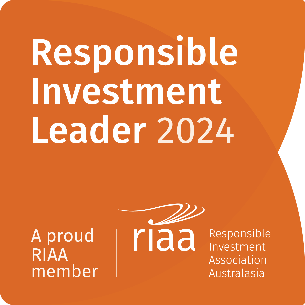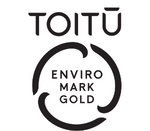NZ Economic Revival

The New Zealand economy has faced a challenging few years. As of September, the unemployment rate stands at 5.3%, the highest since 2016. House prices are down over 10% nationally from their 2021 peak, with Auckland and Wellington faring worse, down 20% and 30% respectively. Let’s not forget the cumulative inflation Kiwi households have endured: the CPI basket is 25% higher in June 2025 compared to June 2020. However, the positive lagged effects of easing monetary policy are beginning to show across many of the companies we follow. A large number of businesses posted AGM trading updates during October, offering fresh insights into their performance. Three noteworthy updates in recent weeks came from Freightways, NZME, and Vulcan Steel. These examples demonstrate that the country is returning to growth, although the pace of recovery varies by sector.
Freightways operates a range of transport-related businesses across Australasia, but at its core, it’s a business-to-business parcel courier company. These parcel volumes are largely disconnected from the residential property market and major exporters like Fonterra and Zespri. Instead, Freightways’ courier business serves as a reliable barometer of core NZ business activity. Understandably, their ‘same customer’ parcel volumes have declined over the past two years. However, their full-year results in August showed minor growth in the first half of the calendar year. At their AGM in late October, the company reported that the same customer volume growth had accelerated to +1.8% year on year during the September quarter. Thanks to favourable pricing, sensible cost management, and improved network utilisation, Freightways grew earnings by 23% compared to the same quarter last year - an enviable result for many local companies.
NZME is an integrated media company with clear cyclical elements. It owns and operates OneRoof, the NZ Herald, several local newspapers, and a portfolio of radio stations. These businesses rely on a mix of paid subscriptions and advertising revenue. While some face structural challenges, many have successfully transitioned into an increasingly digital world. Advertising spend is a classic cyclical expense. Companies invest more in good times and cut back during downturns. After a couple of subdued years, NZME upgraded its earnings guidance in late October by an impressive 12% at the midpoint. While part of this is due to strong cost control, the company also cited signs of recovery despite ongoing economic challenges. Importantly, this appears to be revenue-led, with ad spend climbing out of recessionary conditions.
However, not every business will recover at the same pace. Much of the return to profit growth depends on other factors like industry competition and pricing dynamics, rather than just a core volume recovery. A prime example is Vulcan Steel, a high-quality and well-managed steel distributor. Interestingly, steel and metal volumes across their Australasian operations have found a floor and begun growing again, yet profits continue to fall. In their recent AGM update, Vulcan reported a 2% increase in volumes, but an 11% decline in operating earnings for the quarter. This is largely due to intense competition in NZ between Vulcan, Fletcher Building’s steel division, and Steel & Tube. The latter two appear willing to compete irrationally for limited industry volumes, generating negative earnings. Pleasingly, Vulcan continues to produce profits thanks to superior inventory and customer management systems. We expect Vulcan to experience strong earnings growth over the next three years, though near-term earnings may remain subdued.
Kiwis have endured a tough period, but there is cause for optimism. As these three cyclical companies show, economic growth is real and gaining traction. The average mortgage rate for indebted households still has room to fall as individual loans gradually reprice. Farmers and exporters are enjoying buoyant returns, supported by strong meat prices, generous payouts, and a weak currency. Consumer electronic card data is trending upward, mirrored by ANZ’s Truckometer. As mentioned, we’re beginning to see this economic progress reflected in our investee companies. However, we must recognise that recovery won’t be uniform or entirely predictable in every case.





